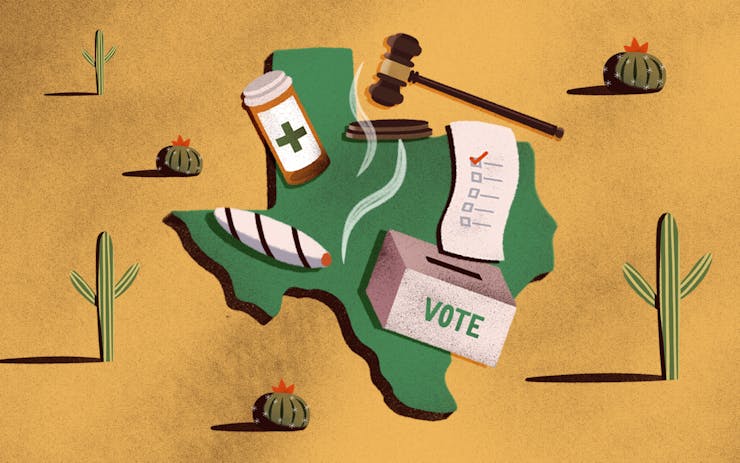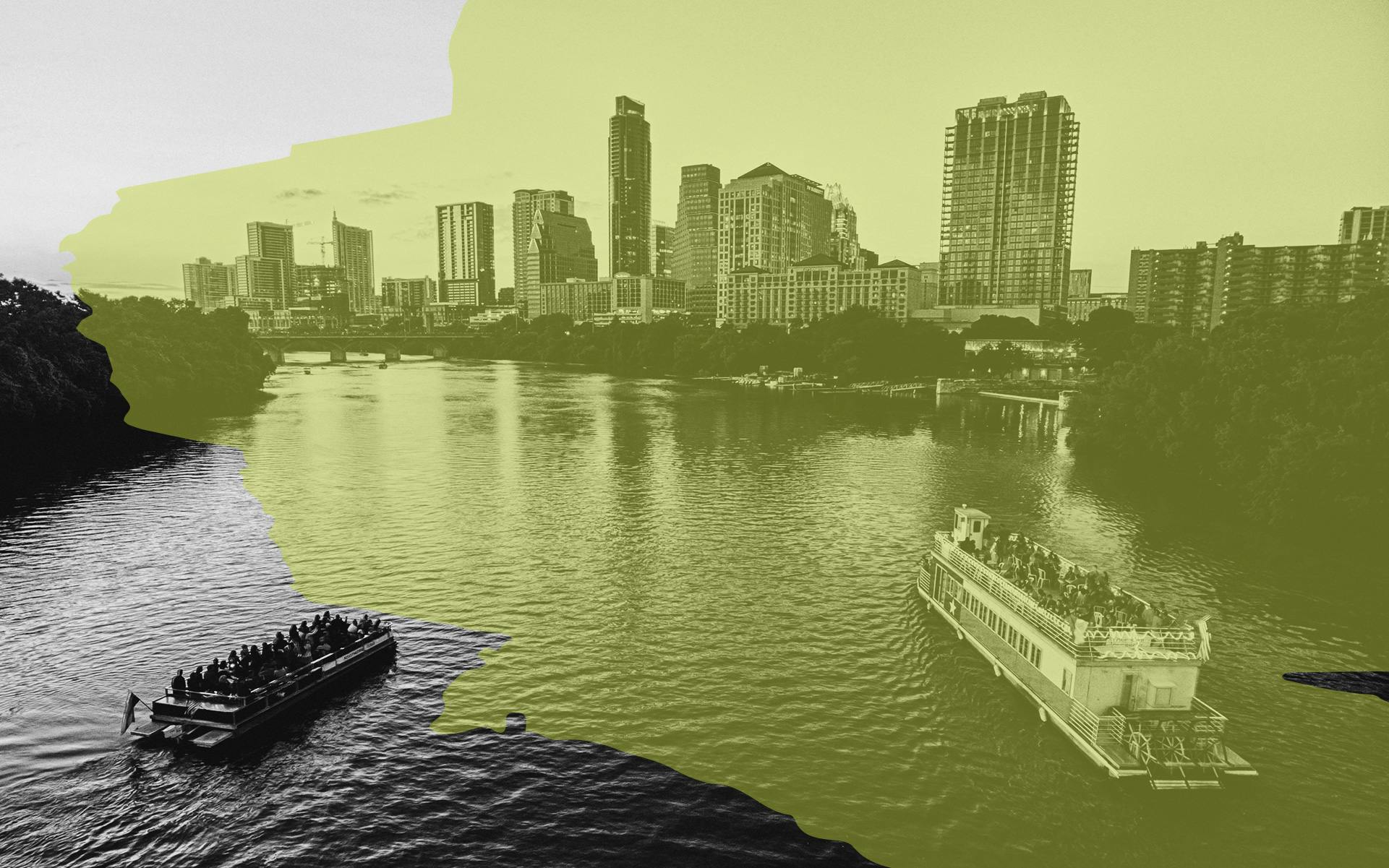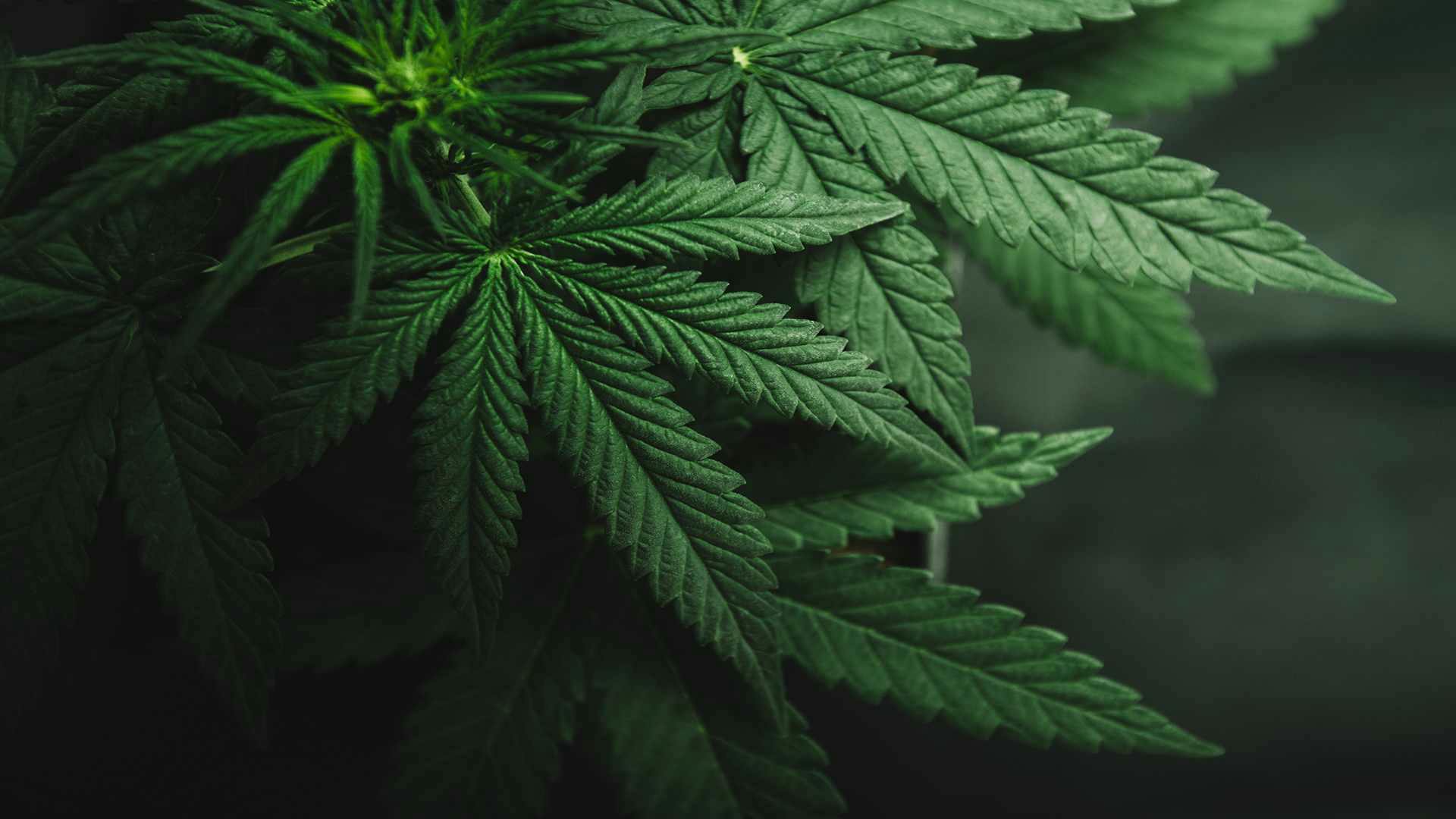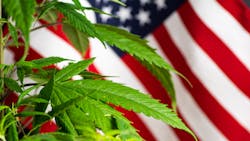It’s no secret that Texas, the nation’s second most populous state, remains one of the nation’s toughest prohibition states.
Even after the Republican-controlled state legislature passed House Bill 1535 last year to expand Texas’ medical marijuana program, only a select group of patients suffering from epilepsy, cancer, or PTSD can now legally access oils extracted from the plant. THC levels in those oils can be no higher than a paltry 1%. Cannabis flower is still completely banned in the Longhorn State. It’s not even allowed for medical use.
Cops in Austin will not arrest you for holding up to 4 ounces of flower. But only flower. And don’t wander outside the city limits.
Texas Gov. Greg Abbott has said he wants to decriminalize the plant, and the Texas House offered a glimmer of hope during its biennial lawmaking session last year by passing a decrim bill. But a stingy Senate, led by prohibitionist Lt. Gov. Dan Patrick, has for years refused to give meaningful legalization bills any hearings.
In the meantime, many Texas patients and other adults seeking legal access to the plant have flocked to neighboring Oklahoma and New Mexico to get their weed. And while they won’t be able to buy it at home anytime soon, a growing number of Texas cities are now taking decriminalization matters into their own hands.
Austin stands alone… for now
On May 7, 2022, a whopping 85% of Austin residents voted to officially decriminalize marijuana flower within city limits. Proposition A was the first and so far the only vote of its kind in any city in Texas, after advocates from progressive coalition Ground Game Texas collected a required 25,000 signatures for the Austin City Council to consider the measure.
The council concurred and sent it to city voters, who rubber stamped it with overwhelming approval. The new ordinance is already in effect, and allows possession of up to four ounces of marijuana flower. That’s quite generous, given that most legal states limit personal possession to one ounce of flower.
Stick to flower, my friends
That expansive possession limit does not extend beyond flower, however.
Importantly, concentrates are not decriminalized under Prop A, and possessing any amount of edibles, waxes, or infused beverages still calls for a felony charge. It’s also still illegal to smoke in public or sell the plant.
“The decriminalization ordinances only let us go as far as Class A and B misdemeanor offenses,” explained Julie Oliver, Ground Game’s executive director and a former candidate for the US House of Representatives. “Possessing any amount of concentrates is still a felony under state law, so we can’t do anything unless the state reclassifies it.”
Prop A solidifies the desire of Austin Police Chief Brian Manley, who in 2020 released a memo instructing officers to stop issuing citations or arrests for low-level marijuana offenses unless the offenses were tied to more serious crimes.
Other cities have decrim measures in the works
Austin is just the tip of the iceberg as far as Oliver and Ground Game Texas are concerned.
The group also collected enough signatures in five other cities to decriminalize the plant as soon as the Nov. 2022 election. Those cities are:
- Killeen — located just 60 miles north of Austin with a population of 150,000 people
- Denton — a suburb of about 140,000 people near Dallas and Fort Worth
- San Marcos — a small city of 65,000 people between Austin and San Antonio
- Harker Heights — a city of 35,000 people that neighbors Killeen
- Elgin — a tiny city just east of Austin.
While each of the city councils could vote to decriminalize the plant, the most likely outcome in all five cities is that elected officials will instead give voters the ultimate say on the November general election ballot.
Shop highly rated dispensaries near you
Showing you dispensaries nearIf passed, the local decriminalization laws in Killeen, Denton, San Marcos, Harker Heights and Elgin would be identical to Austin’s: Police would leave alone any adult 21 or older found in possession of up to four ounces of flower. But possessing concentrates, smoking in public, and selling the plant would all remain illegal.
District attorneys step up in Dallas, Houston, San Antonio, and Corpus Christi
Larger cities in Texas have no signature campaigns in place nor any plans to decriminalize the plant this year. But in the absence of actual laws, local district attorneys in Dallas, Houston, San Antonio and Corpus Christi have announced plans to stop prosecuting misdemeanor-level cannabis possession offenses — the exact offenses that Austin has officially decriminalized.
In 2019, John Creuzot, district attorney in Dallas County, decided to stop prosecuting people arrested for possession of up to four ounces of marijuana flower, given the person arrested was a first-time marijuana offender and wasn’t charged with any other crimes at the time. For second marijuana arrests and beyond, though, all bets are off.
“It’s a step in the right direction, but it’s misleading to people who think they can have cannabis there,” explained Jax James, executive director of Texas NORML. “The reality is, cannabis is still illegal in Dallas. It’s not decriminalized.”
A Houston program diverts arrests
In Houston, the local district attorney began offering a “pre-charge” Misdemeanor Marijuana Diversion Program, meaning any adults caught with up to four ounces can avoid being cited and arrested if they show a valid ID to the responding police officer. Harris County DA Kim Ogg began the program back in 2017, and claimed it diverted over $35 million in local taxes that otherwise would have been used in the arrest and prosecution of 9,000 low-level offenders during the program’s first two years.
Ogg and three other district attorneys — from neighboring Sugar Land as well as San Antonio and Corpus Christi — also co-signed a 2019 letter pledging to turn away marijuana cases of four ounces or less from unless the weed in question was lab tested and had “a proven THC concentration.”








